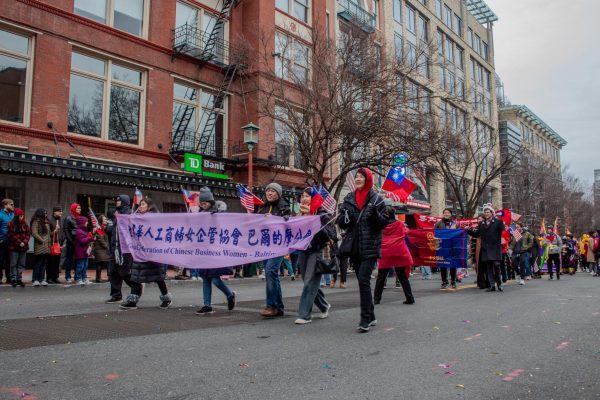Delusions about Cuban Terrorism Continue
The authors of that statement? 12 United States Senators. The problem? Cuba doesn’t have anything to do with terrorism.
The Senators were writing on Tuesday to Secretary of State Hillary Clinton, expressing their concern over what they called Hugo Chávez’s “growing ties with U.S.-designated foreign terrorist organizations and state sponsors of terrorism.” (More at The Miami Herald.)
They can be forgiven for equating Cuba with terror, since Cuba is one of only four countries on the State Department’s list of “state sponsors of terrorism.” But this high-profile letter is a decent opportunity to review just how ludicrous it is to include Cuba on the list.
Cuba currently shares the State Department’s dubious distinction with Iran, Sudan, and Syria. The State Department claims to include Cuba because the island provides safe haven to members of the ETA, the violent Basque separatist group, and because it supports the FARC and the ELN, two leftist Colombian guerrilla groups.
But these charges are misleading. According to a Center for International Policy report by Anya Landau and Wayne Smith (former chief of the U.S. Interests Section in Cuba), “the State Department offers no evidence that any of the Basques living in Cuba today are involved in any terrorist activities.” In fact, the ETA members are on the island because the Spanish government requested that Cuba take them in. Landau and Smith also explain that in November 2000, two suspected ETA members sought asylum at Cuba’s embassy in Spain. The Cuban government promptly turned them over to the police, and received a public thank you from Spain’s foreign minister.
As for Colombia, Cuba’s contact with the leftist rebel groups hasn’t been to foment violence, but rather spread peace. The U.S. government won’t acknowledge this, but the Colombian government will. Cuba and Colombia signed agreements in 1999 to extradite drug traffickers, and Cuba hosted peace talks with the ELN in 1999, 2001, and 2002.
In 2002, chief of the Colombian armed forces General Fernando Tapias told the U.S. House Committee on International Relations that “there is no information …that Cuba is in any way linked to terrorist activities in Colombia today…Indeed Cuban authorities are buttressing the peace movement.”
Moreover, Washington insiders usually overlook the strong stance the Cuban government has taken against global terrorism. Immediately after the September 11th attacks, the Cuban government offered its airspace to U.S authorities to help land en-route passenger planes. Fidel Castro then led a rally of thousands of Cubans condemning the attacks, and on September 22nd, he declared: “The territory of Cuba will never be used for terrorist actions against the American people and we will do everything within our power to prevent such actions against that people.”
Why then, include Cuba on the terrorist list, where it’s been since 1982? Allow me to surmise: it’s a way of punishing a country that for over 50 years, has insisted on charting its own national path, independent of influence from Washington. This, in the eyes of the U.S. government, is unforgivable.
First published at Campus Progress.











